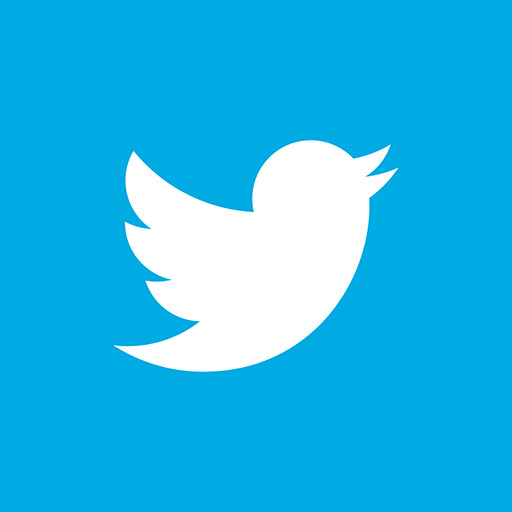As I’m nearing the end of my 8th month as a full-time freelancer, it’s hard to believe I’m two-thirds in to my yearlong experiment. Life has certainly been a little crazy, and I’ve slowly come to realize how much I’ve learned in the last eight months. I’ve learned a lot about managing my time and money, landing and working with different kinds of clients, and dealing with self-motivation—and the occasional lack of it.
I’ve been practicing Zen Buddhism under the teachings of Thich Nhat Hanh for about six years now, and while I’ve gone off track more times than I would like to admit, being a practioner has helped me deal better with my anxiety and be a more peaceful, compassionate person. Plus I’ve met some great people.
As I am starting to formulate my own approach to the freelance life, I see just how much freelancing that ties in with my Zen Buddhist practice. I’ve mused a little bit as to what it means to be a minimalist freelancer, and here are a few ideas how you can have a more mindful, Zen-like, mindful approach to your work.
Non-attachment
While not all freelancing professions are created equal, and depending on what line of work you are in, you can build and maintain a roster of clients and have relatively stable work. However, as I’ve discussed with my mastermind group buddy and freelance mentor Alan, continuity is not something you can rely on as a freelancer. Granted, life is filled with uncertainty, but there is a greater margin for stuff going up—and down—when you freelance. You may gain a boatload of clients or lose some, and your money ebbs and flows, too.
You can love the work that you do but it’s also important not to connect your feelings of worth and well-being to it. This is far easier said than done, and can be applied to any job, but with freelance you could have a one-off assignment or have something end earlier than you would like.
Focusing on the here and now
I struggle with anxiety about freelancing on a daily basis. I am someone who craves stability, and I know that if I’m not okay with living with a little bit of variance and uncertainty, then I probably shouldn’t freelance. What’s funny is that I’ve been doing really well. I enjoy all the writing that I do, I’ve been doing well money-wise, and I’m creating a structure to carve in time to work on my two main passion projects—working on a short stories collection and this blog. And now that I have a much more manageable schedule, I have more time to focus on my passion projects. I really can’t complain. So why do I feel so anxious all the time? I guess I get anxious no matter what the circumstances.
I made a deal with myself. As long as make my emergency fund a savings priority and have a backup plan in place when I have a lull in work or the going gets tough, that’s the best I can do.
Zen Mind, Beginner’s Mind
I don’t always succeed at this, but I try to treat every assignment I do as if I’m writing for the first time. This keeps me excited about the work and it helps me do my best. When time permits, I savor the work. It’s helped me enjoy what I do immensely. This can be challenging to do when you have a lot of deadlines and write about the same topics. But trying to approach something with a new set of eyes really helps keep the work fresh.
Equanimity
Equanimity essentially means giving everything equal weight. This might be the hardest thing to do, because wouldn’t you naturally spend the most time and energy on the stuff you enjoy the most, or that pays the most money? Isn’t that the smart way to work? By giving everything equal importance, you’ll be able to savor the work more and in turn produce high-quality stuff.
Not expecting anything special
The last few months of last year were insane. I worked pretty much non-stop and made more money in a month than I ever imagined making. However, I was so stressed that I vowed never to work that way again. I oftentimes think about what it means to be a “successful” freelancer. Does it mean working for big league publications and high-paying clients? Or landing an assignment with a rate that’s four figures? What data is useful in figuring out this “success”?
Of course, the definition of success depends on the individual. But I see a lot of people writing e-books and selling e-courses on how to kick ass at freelancing. I think sometimes it can be an illusion. Of course it requires a lot of skill, focus, and discipline. You really have to be a self-starter and comfortable at hustling and networking. This isn’t anything new.
But some of your success is left up to chance. Sometimes you work in a niche that’s hot. Or you entered at just the right time. I’ve made a lot of money some months, and not as much in others. I landed my first four-figure assignment and it was pretty awesome. But I’ve also experienced my first lull. Lulls are awesome too, because I have more time to work on my other projects. Are these “meaningful” events? Signs that I’m on the “right track?” I’m not really sure, to be honest. I do know that I’m happier knowing not to expect anything “special,” as if something huge to about to happen.
Practicing gratitude
I try to be grateful for every opportunity that comes my way, and to do my best work. The joy exists in the work itself. There isn’t a day that goes by that I’m not grateful for getting the opportunity to test out the waters. Every day is a little bit different. And that is pretty awesome in itself.





